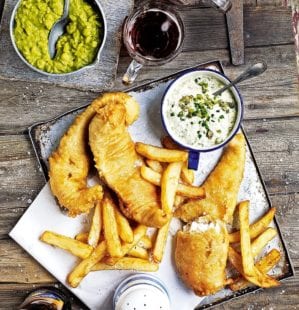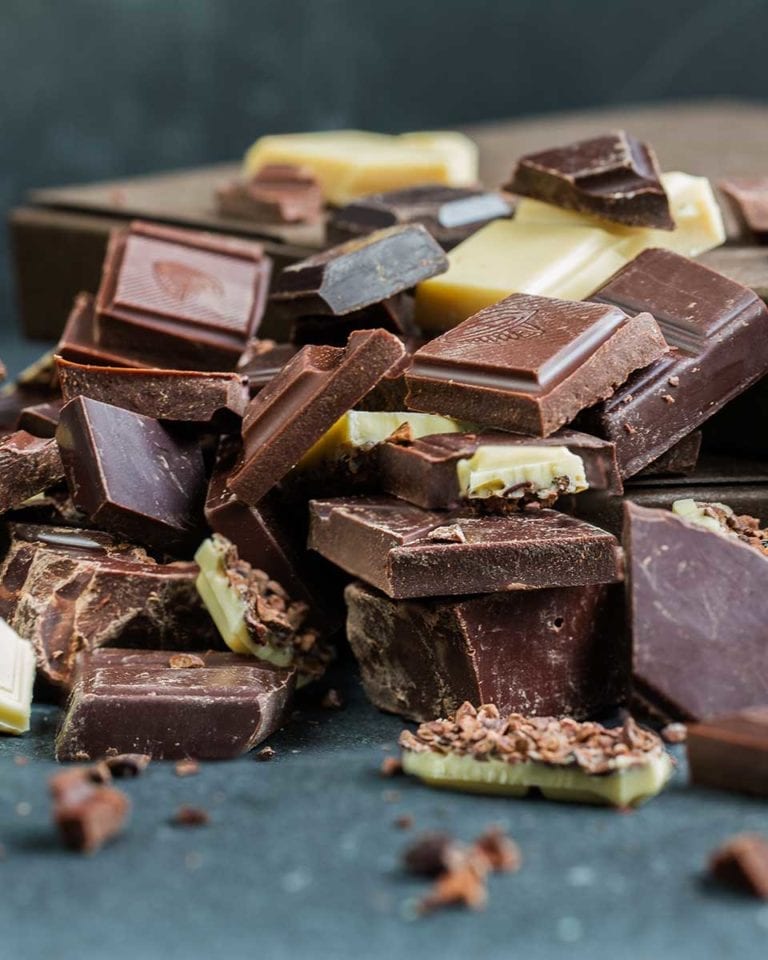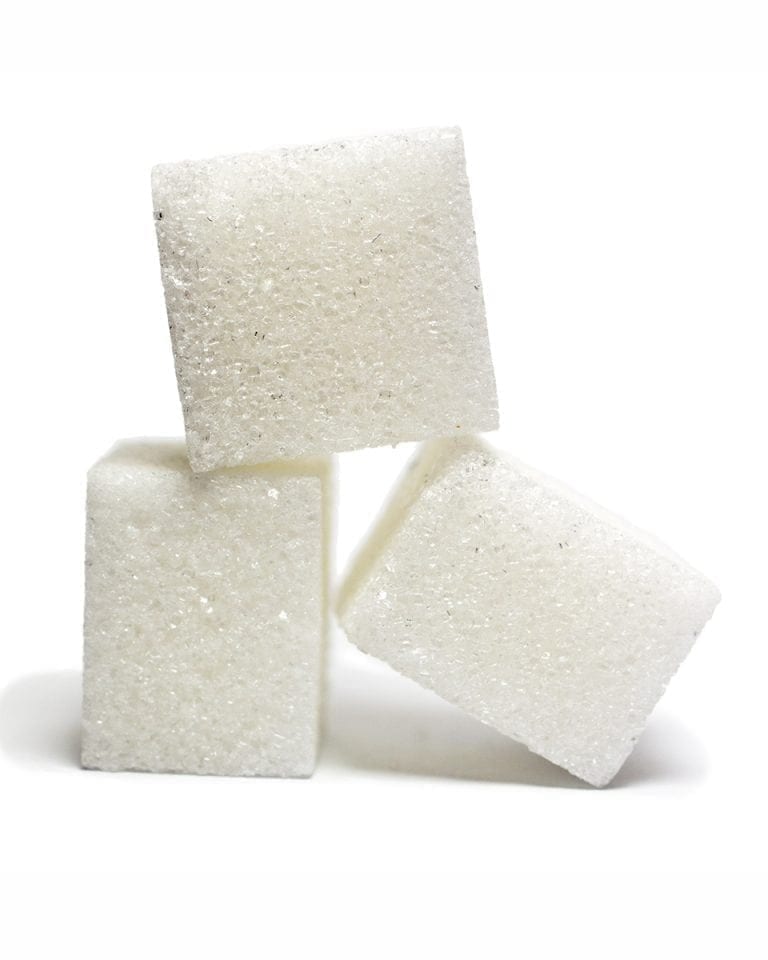Which oils are safe to cook with?
Choosing the right oil for a dish has never been more complicated. As the range available grows, media headlines about the harm or benefits of cooking
with them get ever more confusing.
So what gives? Sue Quinn looks at the latest developments.
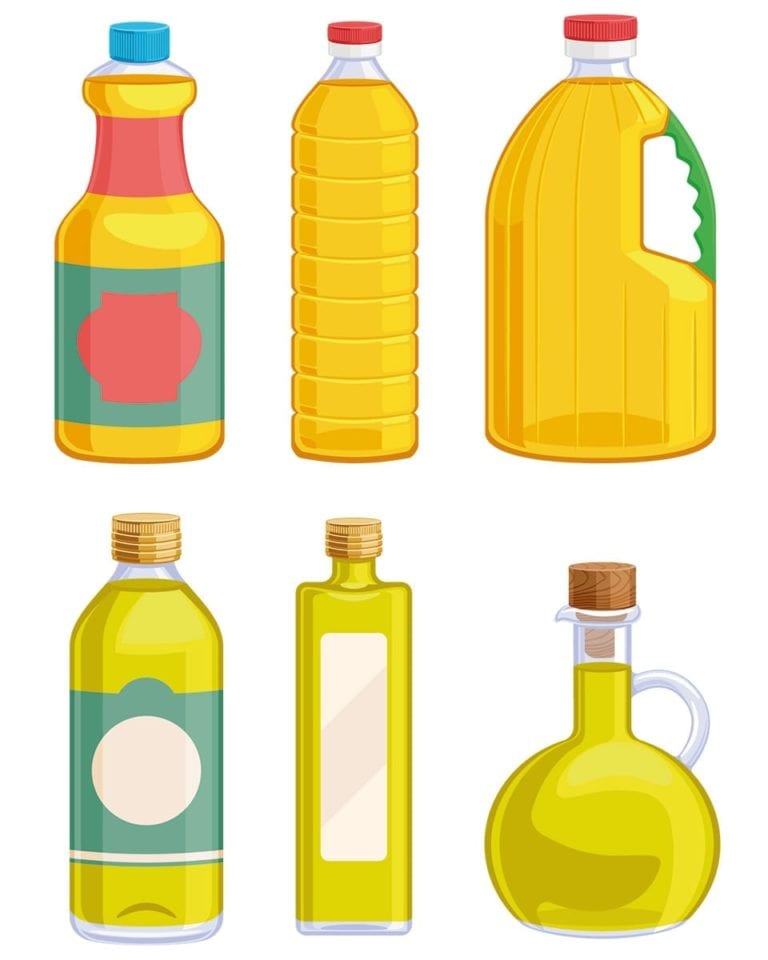
You could forgive cooks for being confused about which oil is safe to cook with and which is less so. “Cooking with vegetable oils releases toxic cancer-causing chemicals,” one recent newspaper headline said. “Extra-light olive oil and sunflower oil are great options to use when you deep-fry foods,” declared a wellbeing website. Coconut oil is “the number one choice” for frying, according to an online diet service.
It’s not just the media creating uncertainty, though. Mounting scientific evidence shows that polyunsaturated oils (vegetable oils that are liquid at room temperature, such as corn and sunflower oil), can generate toxic chemicals when heated to high temperatures. This has prompted some scientists to recommend frying food in saturated fats (such as butter and lard), or in oils rich in monounsaturated fat (such as olive oil) instead.
This advice is in stark contrast to government guidelines stating we should swap ‘bad’ saturated fats for polyunsaturated fats. So how do we decide what to do?
The science bit
When you fry food (usually around 180°C), the molecular structure of the oil breaks down through oxidation. Fat molecules react with oxygen in the air to form something called aldehydic lipid oxidation products (LOPs).
The higher the temperature, the more of these chemicals are produced, especially at the ‘smoke point’ – the moment at which the oil starts to burn and smoke. Oils that are stored for lengthy periods or exposed to sunlight also produce these toxic compounds, but much more slowly.
''LOPs have been linked to a range of health concerns including cancer, heart disease, birth defects, raised blood pressure and inflammation''
Evidence has been mounting for more than 20 years that, over time, regularly consuming foods that have absorbed LOPs via cooking oil, or inhaling the chemicals in frying vapours, may damage health. LOPs have been linked to a range of health concerns including cancer, heart disease, birth defects, raised blood pressure and inflammation.
Mounting evidence
Martin Grootveld, professor of bio-analytical chemistry and chemical pathology at De Montfort University in Leicester, has studied cooking oils for 25 years. He says ample evidence now exists that oils rich in polyunsaturated fats, especially sunflower and corn oils, are among the worst offenders when it comes to generating LOPs during frying.
In contrast, he says, oils high in monounsaturated fats, such as olive oil, are more resistant to oxidisation, and saturated fats like those in lard produce virtually no toxic chemicals when heated.
''There are two main types of polyunsaturated fats: omega-3 and omega-6 fatty acids''
There are two main types of polyunsaturated fats: omega-3 and omega-6 fatty acids. Both essential for human health, they need to be included in our diet, as our bodies can’t make most of them. But Prof Grootveld recommends consuming uncooked polyunsaturated oils in salad dressings, or eating foods rich in these fats such as flaxseeds, walnuts, soybeans and oily fish, green leafy veg (omega-3s), and seeds, nuts and grains (omega-6s), rather than cooking with them.
“I wouldn’t recommend any polyunsaturate-rich oil for shallow frying,” Prof Grootveld says. “For deep-frying, using them once is probably okay. But olive oil is better, and saturated fats are best.” He adds that reheating and reusing polyunsaturate-rich oils – common practice in fast food restaurants – is particularly unwise, as “very high levels” of LOPs are generated.
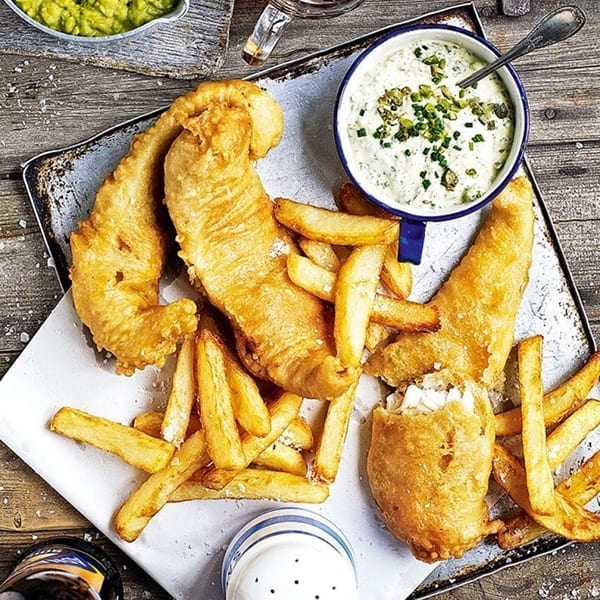
Prof Grootveld also says that shallow frying or sautéing food in polyunsaturated oils generates more toxic compounds than deep-frying, as a larger surface area of oil is exposed to oxygen in the air. It’s important to avoid cooking food in oil that’s reached smoke point because that’s when the highest levels of LOPs are produced. But unsafe levels of toxins are also generated below this temperature, and the risk of this happening is measured by the peroxidative susceptibility index (PSI).
The omega-3/omega-6 theory
Some scientists advise avoiding polyunsaturated oils because they’re high in omega-6 fatty acids. They argue that western diets contain so much processed and fried food that omega-6s are upsetting the omega-3/omega-6 balance needed for optimum health.
This theory is contentious within the scientific community but Professor John Stein, Oxford’s emeritus professor of neuroscience, is convinced we should avoid polyunsaturated oils. He says there’s evidence linking high omega-6 levels and problems such as poor brain development in babies, low birth weight, ADHD, autism and post-natal depression.
He says: “Keep to olive oil or old-fashioned butter or lard. Saturated fat isn’t dangerous per se, although eating too much provides too many calories.”
Official guidelines
Advice to avoid polyunsaturated cooking oil turns official UK health guidance on its head. Public Health England (PHE), the Department of Health and the Food Safety Authority all declined to comment on the evidence that polyunsaturated oils were unsafe to cook with at high temperatures.
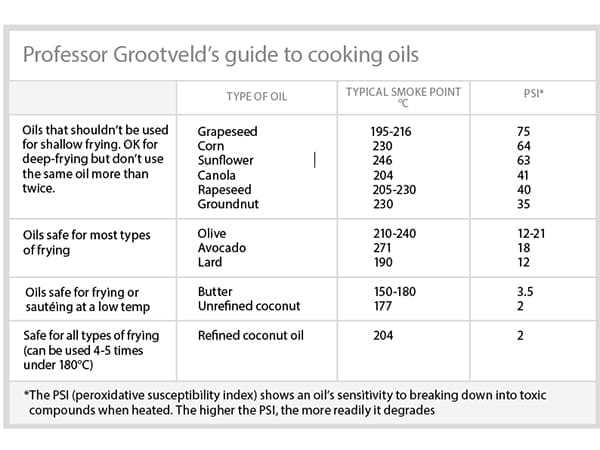
A spokesman from PHE reiterated official advice to swap saturated fats for unsaturated ones to reduce the risk of heart disease.
The Food Safety Authority (FSA) did confirm, however, that exposing cooking oils to light or heat ‘may result in toxic chemicals forming’. A spokesperson also confirmed that saturated oils and fats (such as coconut oil and lard) and monunsaturated fats (such as olive oil) were less likely to develop toxins when heated.
The bottom line
Official health advice states we should swap saturated fat for polyunsaturated fat in our diet. However, scientists working in the field say polyunsaturated oils are potentially unsafe for cooking at high temperatures, especially when reheated. They recommend frying in olive oil or saturated fats such as butter, lard or coconut oil instead.
Subscribe to our magazine
Food stories, skills and tested recipes, straight to your door... Enjoy 5 issues for just £5 with our special introductory offer.
Subscribe
Unleash your inner chef
Looking for inspiration? Receive the latest recipes with our newsletter

